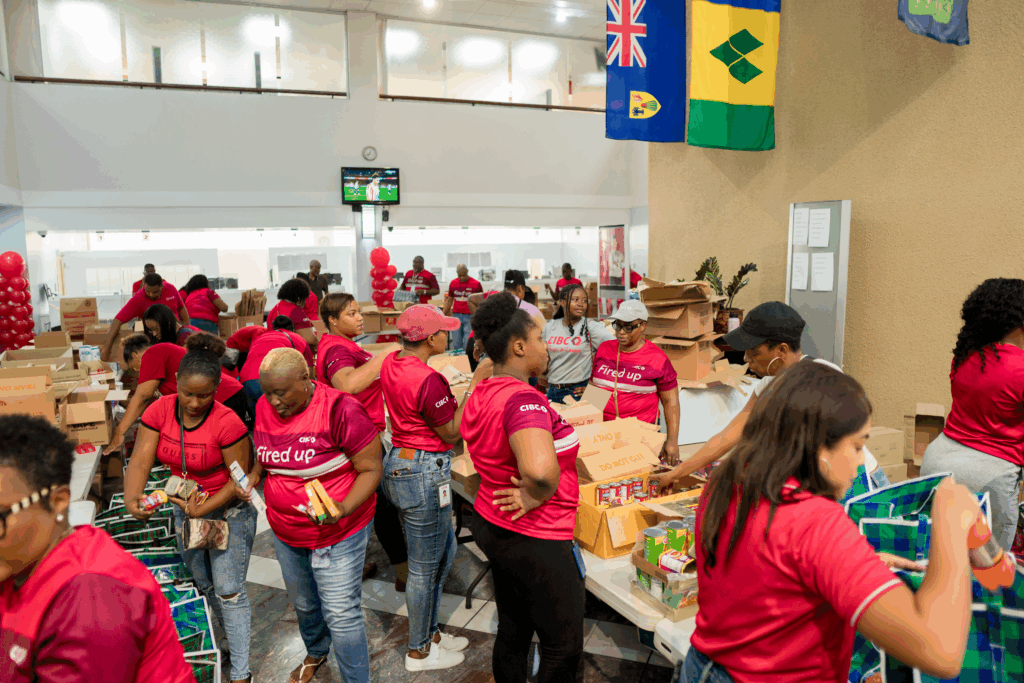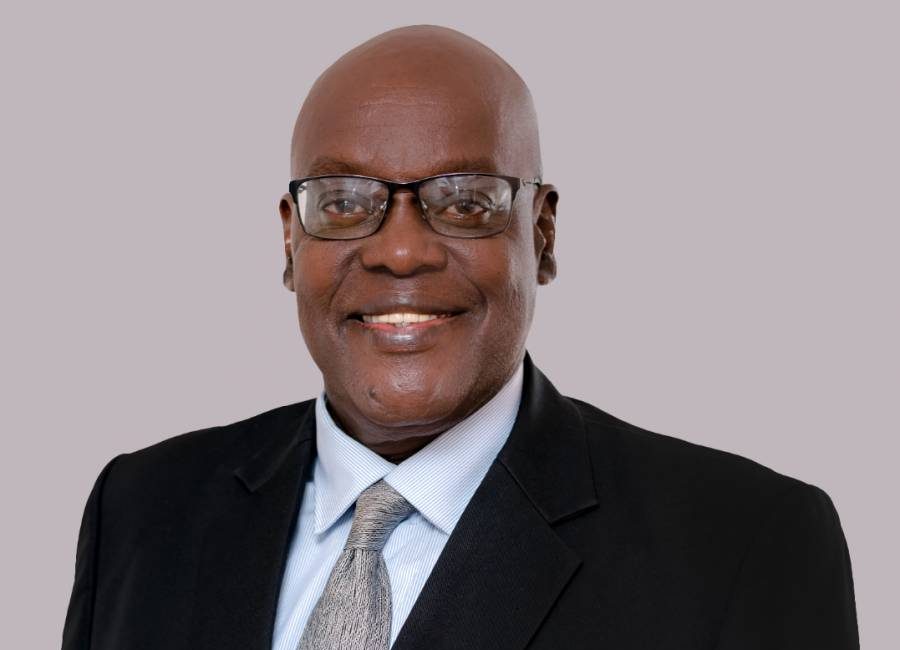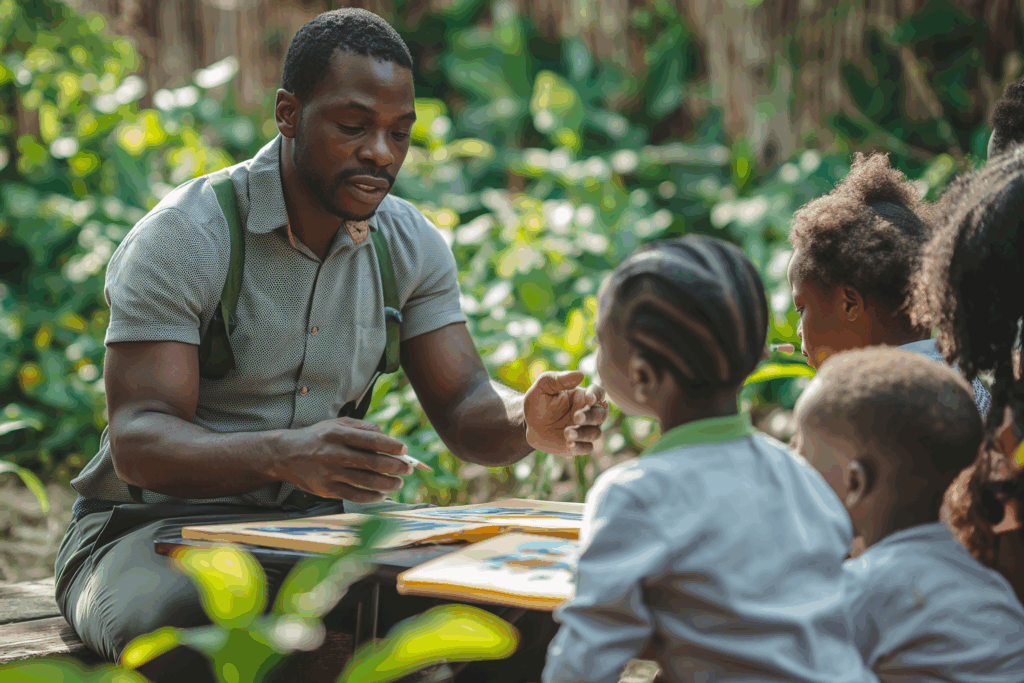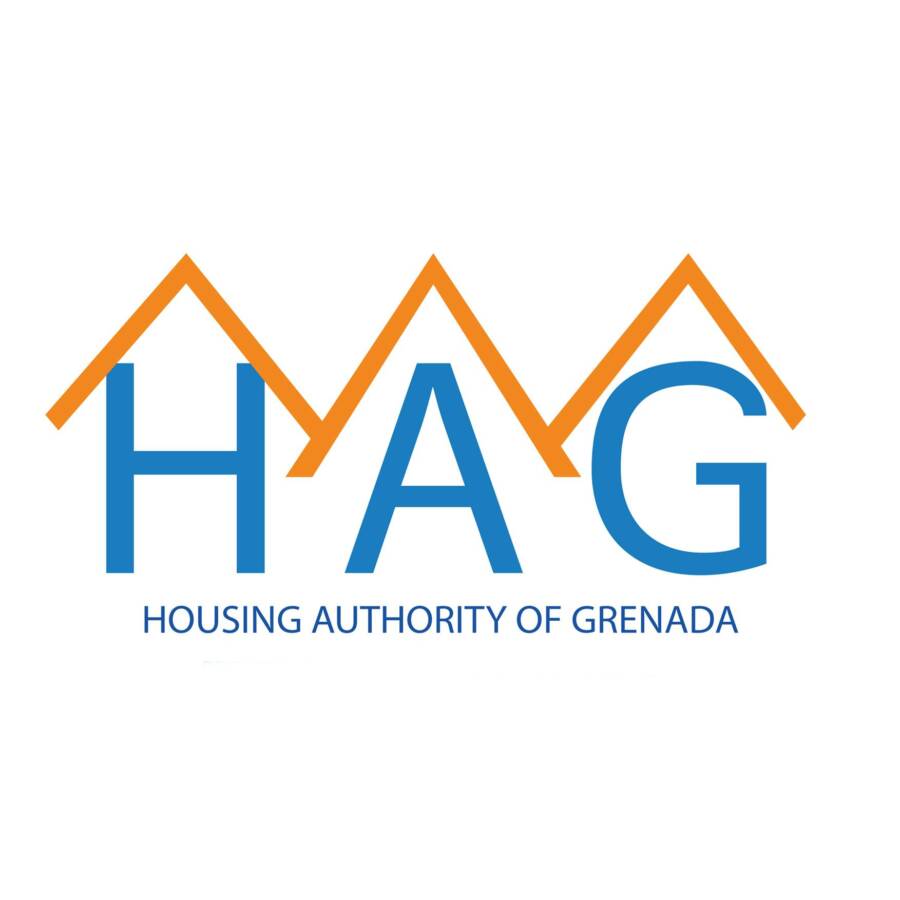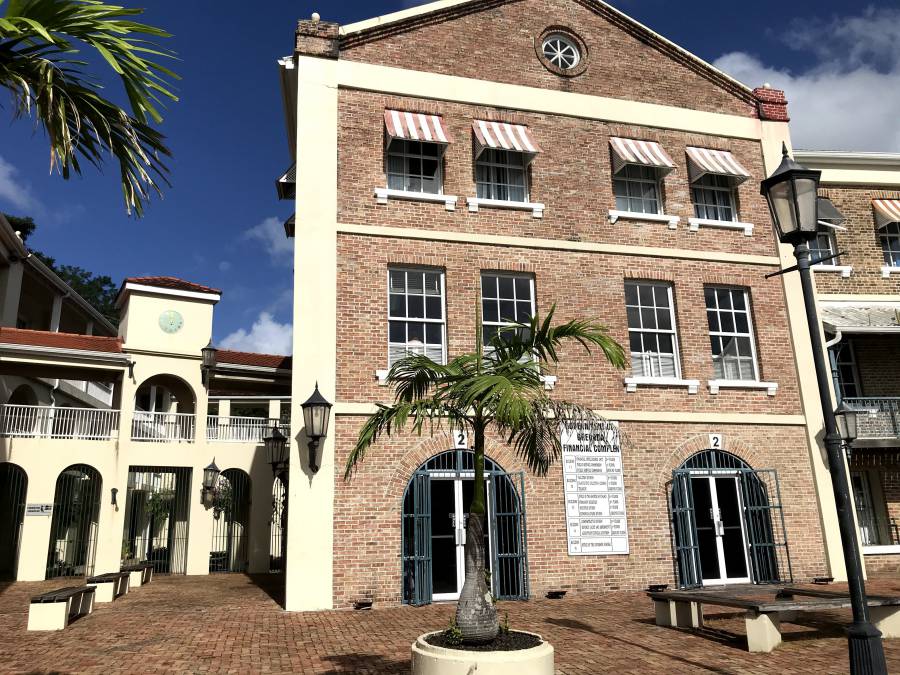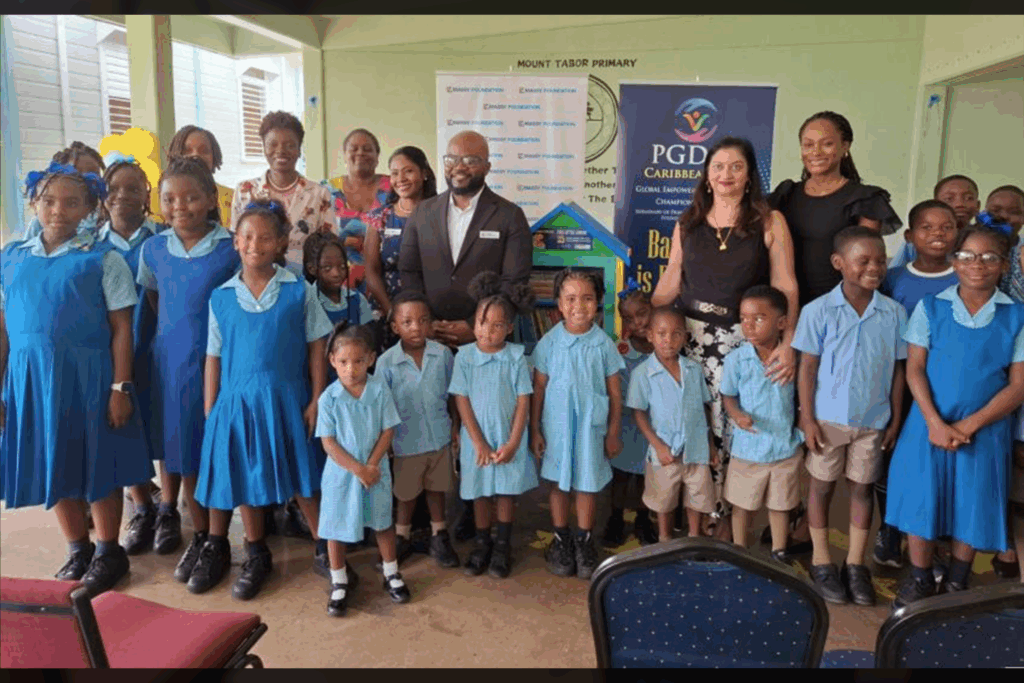Sandals Saint Vincent and the Grenadines has achieved a remarkable milestone by securing the coveted title of Best All-Inclusive Resort – Overall, Gold (World) at the 2025 Travvy Awards. This prestigious accolade, presented by TravelPulse and AGENTatHOME, honors excellence in global tourism, spotlighting the finest destinations, hotels, resorts, and travel suppliers that are redefining the industry.
General Manager Tamon Allen expressed immense pride in the achievement, emphasizing that the award is a testament not only to the resort’s excellence but also to the nation of Saint Vincent and the Grenadines. “This victory is a collective triumph for our dedicated team, the Sandals brand, our cherished guests, and the people of Saint Vincent and the Grenadines,” Allen remarked. “It underscores our position as a world-class destination, offering unparalleled hospitality and authentic Caribbean experiences.”
Since its grand opening in 2024, Sandals Saint Vincent has captivated travelers seeking luxury, intimacy, and a genuine connection to the region’s vibrant culture. Nestled along the pristine shores of Buccament Bay, the resort has been meticulously designed to celebrate the island’s natural beauty and warm Vincentian spirit. Its seamless fusion of elevated luxury and cultural authenticity has set it apart as a leader in all-inclusive travel experiences.
Allen also highlighted the broader significance of the award, noting its role in elevating the Eastern Caribbean’s reputation as a hub for luxury travel. “This recognition reflects the growing momentum of our region and solidifies our place on the global stage,” he added.
The Travvy Award not only celebrates Sandals Saint Vincent’s commitment to excellence but also reinforces its status as a premier destination for discerning travelers worldwide. As the resort continues to craft unforgettable experiences, it remains a shining example of Caribbean hospitality at its finest.


